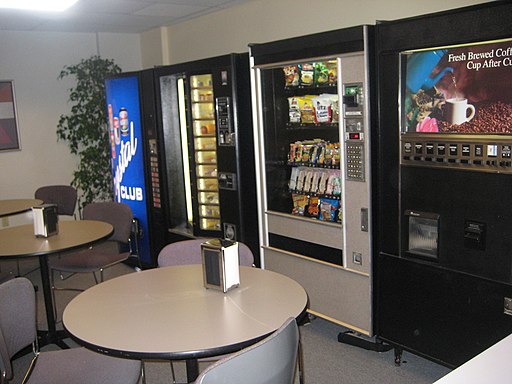Merriam-Webster says that synonyms of stupidity include boneheadedness, brainlessness, denseness, dim-wittednes, dumbness, mindlessness, senselessness, thickness, vacuity and witlessness (among others). Perhaps they should add management to the list.

For some reason, managers tend to make leaps-of-faith in the realm of technology. If they think that they know the meanings of two words, then there must be a connection between those two words. Unfortunately, whether the connection is real or imagined, they seem to proceed as though it were always real.
A couple of years ago, Harold worked for a modest company. It was your garden variety organization with the usual amenities (a break room, candy and soda machines, etc.). In this place, strict adherence to the Dilbert Principle was the standard for hiring and promotion, and the CIO was a prime example of this rule in action. The powers-that-be believed this individual to have an in-depth understanding of how technology worked, and how different roles (e.g.: developer, QA, etc.) interacted, and so he was promoted to Chief Insipient Oaf.
The CIO had a very high opinion of himself and of his supreme knowledge and mastery of all things. After reading an article on the subject on the InterWebs, the CIO decreed that a new high-tech think-tank would be created to foster design, productivity and camaraderie within the organization.
This facility would have a certain Feng Shui to drive the layout and ambience. It would have a specific quantity of each of a certain type of computer. There would be erasable surfaces upon which new brillance could be scribbled. It would showcase successful projects, as well as industry awards. It would even have a high-tech table capable of dynamically expanding to match the number of folks in the room (e.g.: a dining table with additional leaves).
Teams would be able to brainstorm new solutions in record time in this conducive environment. Inter-team sessions would enable people to optimize work flow and productivity across departments. This new think-tank would elevate their performance to levels worthy of the word enterprise.
He even wrote about it in non-peer-reviewed magazines, without discussing it with anyone above - or below him in the organization.
One day, the CIO's minions were sitting around their department break room, reading and discussing their leaders' bragging about their new think-tank. In particular, since they'd never been told of its existence, they were trying to figure out where it was located. After all, they had no room that featured such computers, awards or successful projects, and it might be nice to leverage such a room for its intended purpose.
Fortunately, the CIO had mentioned enough facts in the article about the think-tank that the staff was finally able to deduce that he was actually talking about their break room.
One can only wonder what might have happened if someone had actually requested a brainstorming session in the think-tank...

